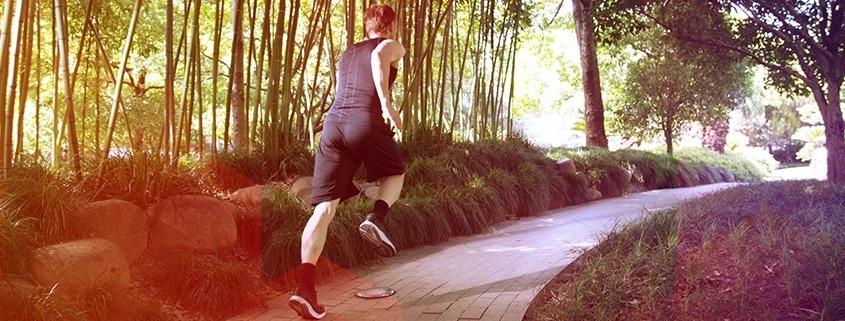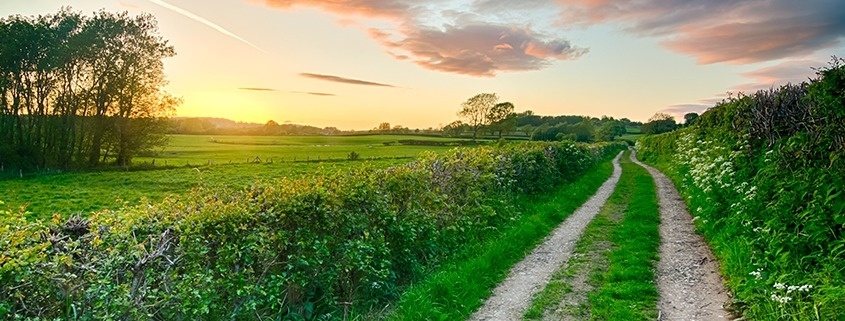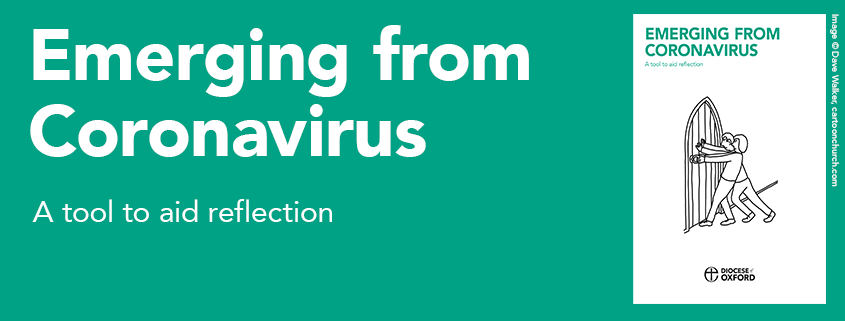A more Christ like Church for the sake of God’s world
A Presidential Address to the Diocesan Synod
Welcome to Episode 9 of this podcast series, Reflections for a Church in Lockdown. Over the last 8 weeks I’ve offered a reflection each week for the Church in the pandemic based on Psalms 1-8. Thanks for listening. If you missed them, they are all available online.
Today’s episode is different. We’ve come to a particular place now in our journey through COVID 19. The lockdown is easing. This week we opened many of our churches for private prayer. I hope it will not be long before we can begin to meet again. So this is a good time to look back but also to begin to look forward.
The journey of recovery will be slower than our journey into lockdown. Life is not going to be a quick return to the old normal, but rather a new living with the virus, certainly for the rest of this year and through next year. Lockdown has been difficult but has also brought new insights, opportunities and priorities to the surface. Part of being a contemplative church will be to reflect carefully on lessons learned and next steps.
We are therefore offering a new tool, loosely framed by the Anglican Five Marks of Mission, to aid reflection, to discern prayerfully, and to plan strategically the shape of the mission of the Church in each of our contexts.
The tool invites you to look at each mark of mission and reflect on what has been lost through the pandemic which we need to grieve, what has been reduced that we need to let go of, what has been reduced that we need to build up again, what has emerged that we need to respond to. We recognise that Church will need to change. But that change will emerge in a thousand different ways as locally we pay careful attention to the Spirit and as we hold onto our core values of being contemplative, compassionate and courageous after the pattern of Christ.
You can download and print out the tool here on the Diocesan website:
oxford.anglican.org/emerging-from-coronavirus










